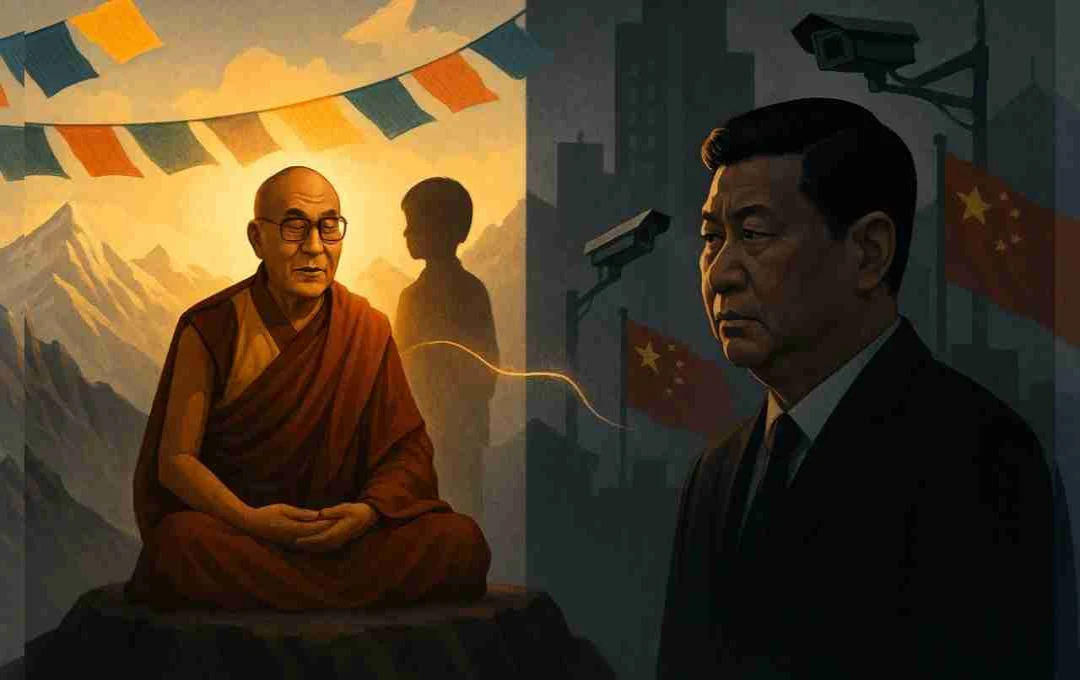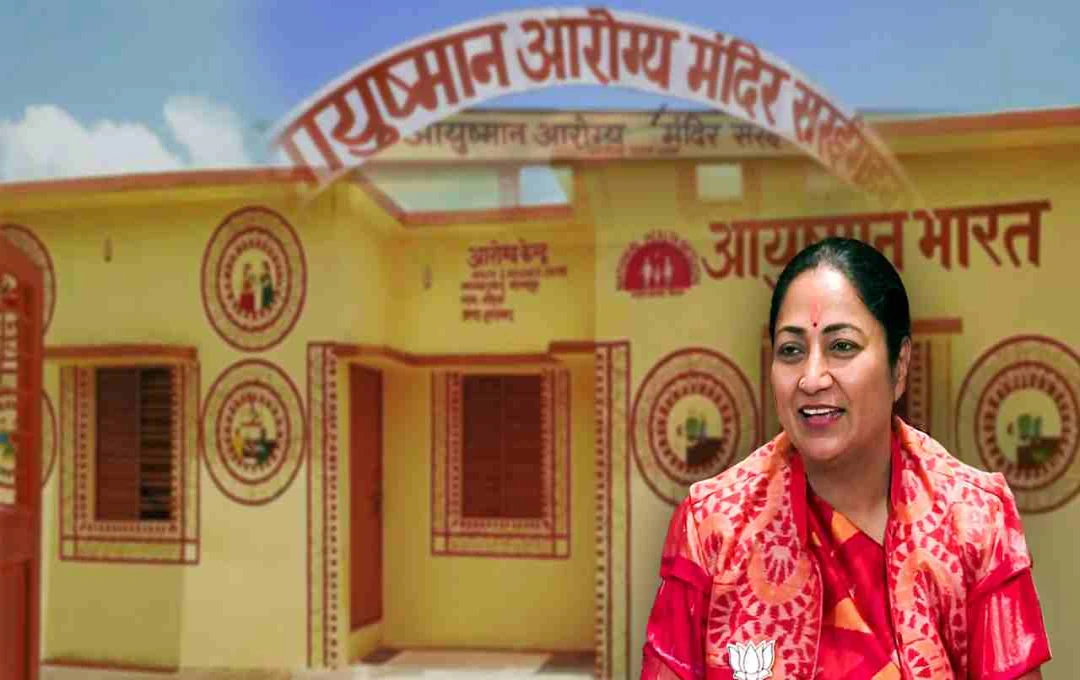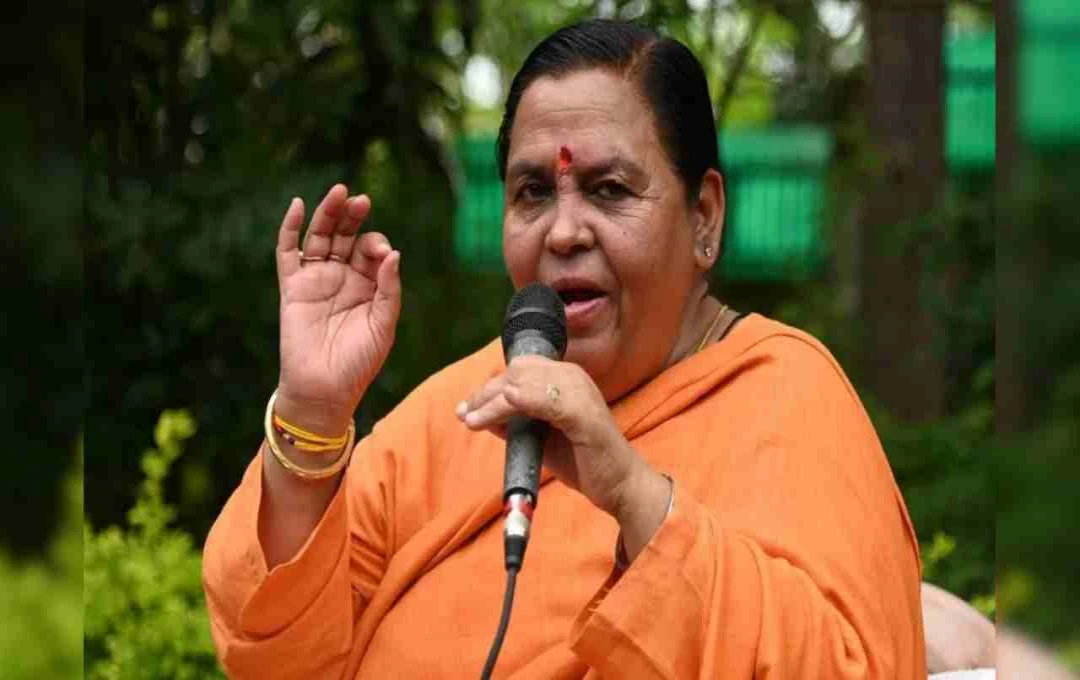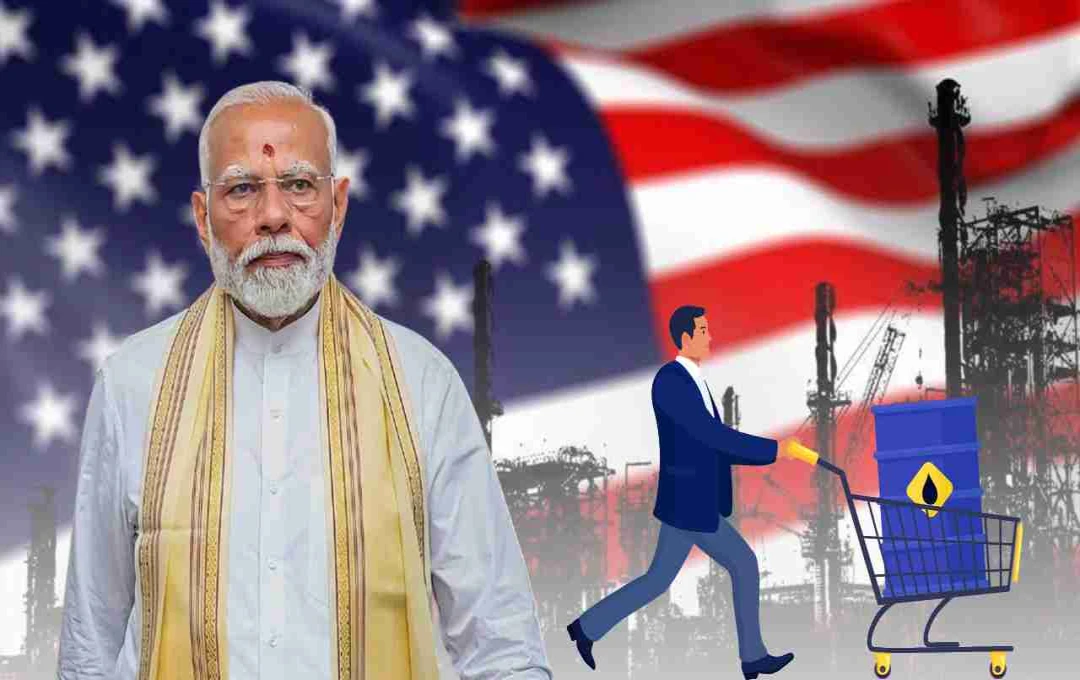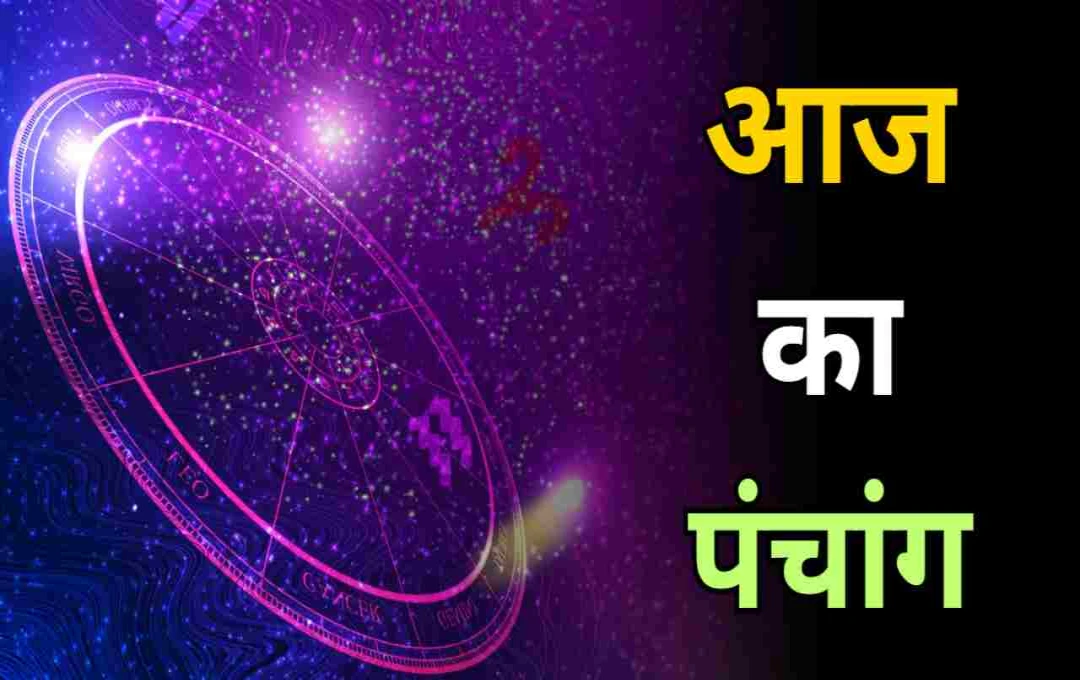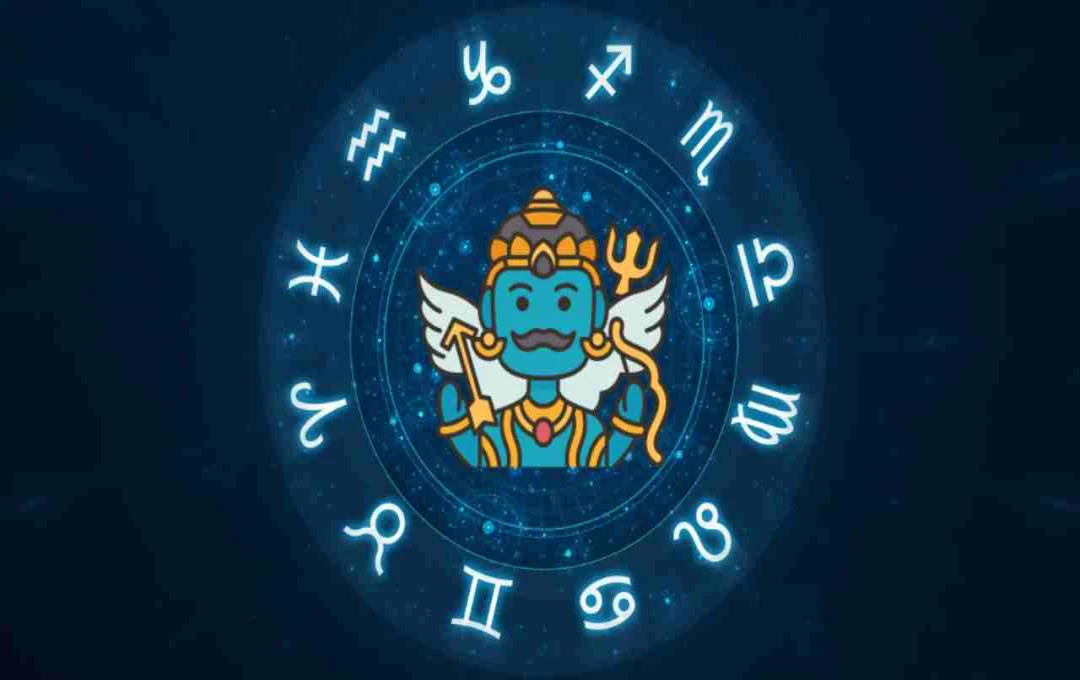Penpa Tsering, the head of the Tibetan government-in-exile, has bly reacted to China's claims regarding the successor to the Dalai Lama. He stated unequivocally that China has no right to interfere in the matter of the Dalai Lama's reincarnation. Tsering dismissed China's 'Golden Urn' process, saying it is completely against Tibetan traditions. He also quipped, if China believes so much in the reincarnation process, it should first find the reincarnations of leaders like Mao Zedong and Jiang Zemin.
China has long claimed that the next Dalai Lama's appointment will be made through its 'Golden Urn' process, which has been in place since the Qing dynasty in 1793. However, the Tibetan government-in-exile and the Buddhist spiritual leader have completely rejected this. Tsering said that eight Dalai Lamas before this were chosen without this process, which proves that this method is neither historical nor religious.
Dalai Lama's Clear Message
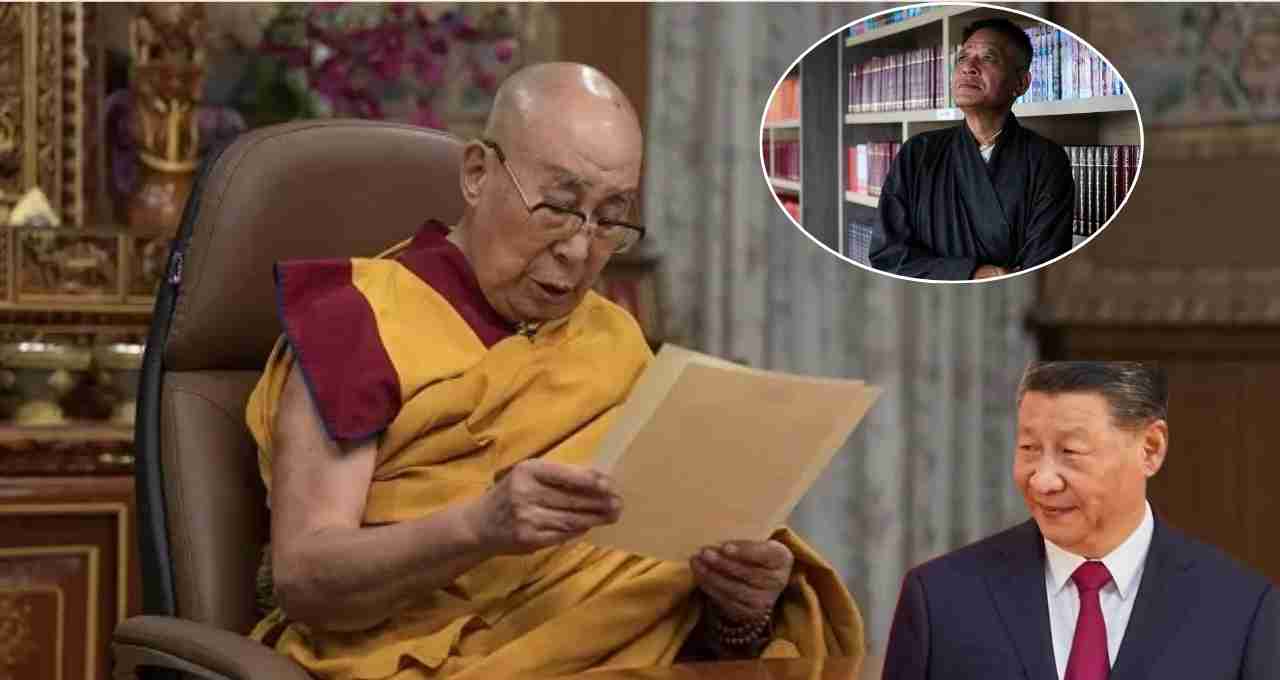
In a video message from Dharamshala, the Dalai Lama responded bly to China, saying that the decision of who the next Dalai Lama will be and where he will be born will be made only through Tibetan tradition and the Gaden Phodrang Trust. He emphasized that China or any other external power would have no role in this. He also said that the next Dalai Lama would be born in a democratic and independent country, which is a clear indication that this reincarnation will not be in China or Tibet.
The Dalai Lama also clarified that he is currently in good health and expects to live for another 20 years. He said that when the time comes, he would provide proper information about his successor. His statement has created enthusiasm in the Tibetan community, while diplomatic activity has intensified in countries like China, India, and the United States regarding this issue.
Tibetan Buddhists' Outrage at China's Interference
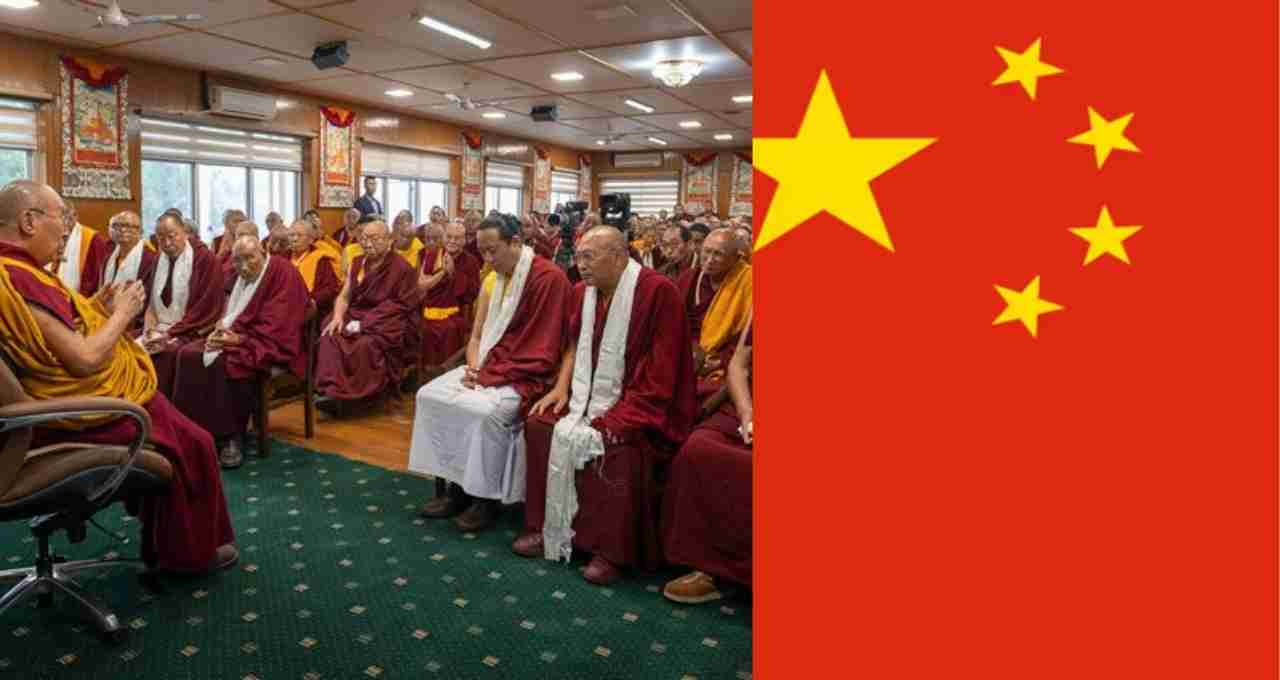
Tibetan religious leaders and followers say that the identification of the Dalai Lama's successor is a deep religious and spiritual process that cannot be contaminated by political interference. They believe that China only wants to interfere to strengthen its hold on Tibet.
Penpa Tsering also said that China is trying to create a rift within the Buddhist community in Tibet, but Tibetan society will not bow down to this politics of pressure. He said, we will not let our religion and tradition become part of a political game.
Dalai Lama's Return on China's Terms Impossible
The Chinese government had previously invited the Dalai Lama to Tibet, but the condition was that if he came, he would have to stay there forever. To this, the Dalai Lama clearly stated that he could come to Tibet, but it was impossible to stay there because there is no religious and personal freedom. This conflict is not limited to the return, but also regarding the future reincarnation of the Dalai Lama.
China wants the next Dalai Lama to be its supporter so that it can strengthen its hold on Tibet. But the Dalai Lama and the Tibetan government have made it clear that the decision of reincarnation will be made according to Tibetan Buddhist tradition, not by the instructions of any political power.
How the Dalai Lama's Reincarnation Happens
According to Tibetan Buddhist tradition, the selection of the Dalai Lama is not an electoral process, but a deep spiritual and religious tradition. It is believed that after the death of the Dalai Lama, his reincarnation takes place as a newborn child.
In this process, senior monks analyze numerous elements like dreams, divine signs, the position of the body, and the direction of the cremation smoke. They predict where the new Dalai Lama might be born. After this, they search for children in the Himalayan regions who were born around that time and show special qualities.
Those children are examined, and they are given the Dalai Lama's favorite objects. The child who identifies the correct objects is considered a potential reincarnation. After this, astrological calculations and religious discussions are done, and after confirmation, that child is declared the new Dalai Lama.
After this, he is brought to the monastery and taught Buddhist education, discipline, and philosophy so that he can take over the spiritual leadership of the Tibetan community in the future.
Tibetan Community Uniting Against China
Following these statements by the Dalai Lama, a new energy is visible in the Tibetan community. Tibetan exiles around the world see these statements as a b protest against China. Tibetan communities living in the United States, Europe, India, and Nepal have also staged demonstrations in support of the Dalai Lama and have appealed to the international community to raise its voice against China's religious interference.
Tibetan Buddhists also believe that any government's interference in matters of religious freedom is a violation of democratic values and human rights. That is why this issue has now become not only limited to Tibet or China, but has become a subject of international debate.
Reincarnation Has No Geography
The experts have also completely rejected China's argument that the next Dalai Lama should be born in Tibet or China. The third Dalai Lama was born in Mongolia, while the sixth Dalai Lama was born in Arunachal Pradesh, India. This means that reincarnation is not bound by the boundaries of any country.
Tibetan Buddhist tradition believes that reincarnation happens by the free will of the soul and cannot be under the control of any government or political power.
The tension between China and the Tibetan community over the Dalai Lama's successor has now come out in the open. On one hand is China, which wants political control over religious traditions, while on the other hand are the Tibetan government and the Dalai Lama, who are standing to protect their centuries-old tradition and religious freedom.
This conflict is not just a fight for religious rights but also a fight for cultural identity and the right to self-determination. Now it remains to be seen what stance the international community takes on this dispute and whether it takes any concrete steps to protect Tibet's religious freedom or not.
